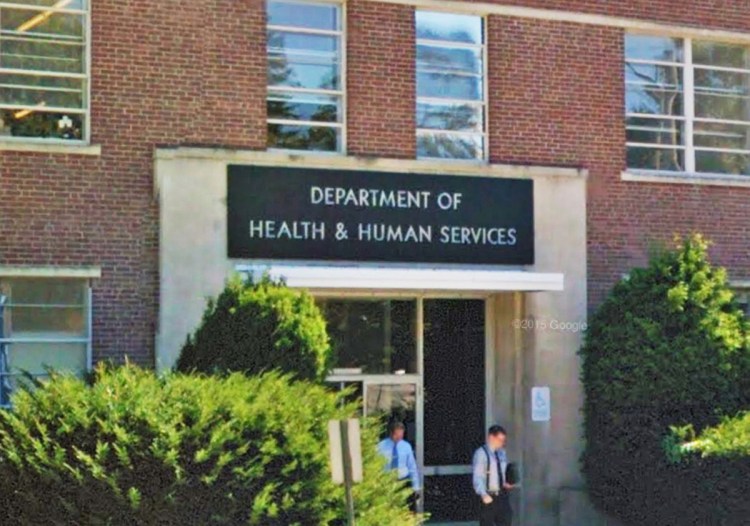What did they know, when did they know it and what did they do about it then?
These are the questions that are still unanswered a week after a little girl was beaten to death, following what police describe as months of persistent torture.
Two people, the girl’s mother and stepfather, have been arrested and charged with depraved indifference murder and are the subjects of a criminal investigation that could lead to one or both of them spending the rest of their lives in prison.
But the search for the truth should not end with them. The prolonged violence described in the charging documents did not happen in an instant. Neighbors say they reported seeing and hearing signs that something was terribly wrong inside the house of Julio and Sharon Carrillo. Police acknowledge visiting their residence in response to complaints. School officials in Bangor say they feared that Marissa Kennedy could have been the victim of abuse and they reported their concerns to the Maine Department of Health and Human Services.
But state officials remain silent, hiding behind confidentiality laws intended to protect Marissa’s privacy, not theirs. The lack of accountability starts at the top. Even Gov. LePage has been uncharacteristically quiet, issuing a statement through his communications office Friday, saying that an internal investigation is underway.
Fortunately, Maine Senate President Mike Thibodeau is not standing for the silence. On Thursday, the Republican from Winterport called for a thorough investigation and a full public report. Thibodeau, who is a candidate for governor, said: “The people of Maine need to have confidence that when serious cases of child abuse and neglect are reported those reports are fully investigated. We must be assured that reports of child abuse are not falling on deaf ears.”
What Thibodeau didn’t say is that the people of Maine have good reason to question the LePage administration’s commitment to social welfare and its ability to investigate itself.
LePage and his longtime DHHS commissioner, Mary Mayhew (who stepped down to become a Republican candidate for governor), have focused more on the budget impact of the DHHS than the quality of the services it delivers.
While efficiency is important, it’s not the only standard by which services should be measured. Confirmed reports of physical abuse of children are up 52 percent between 2008 and 2016, a period that includes LePage’s first five years in office.
But just weeks ago, in a cost-cutting move, the administration decided to end funding for a $2.2 million child abuse prevention program. The department’s spokeswoman said the program duplicated other state services, but the rising number of complaints appears to be a sign that the state is not doing enough to prevent child abuse – not that it is doing too much.
At the same time those programs were being evaluated, LePage and his supporters have made much of the $1 billion bank account the state has built up under his stewardship. The governor should explain how he can justify skimping on child protection when he had the duty and the resources to do more.
LePage came to office as a critic of government, and he has managed to maintain that status even though he is in charge of it. It’s time that the man who lectures others about taking responsibility should step up and do so himself.
The Attorney General’s Office is in the early stages of what is likely to lead to the prosecution of one or both of the Carrillos. It’s understandable that prosecutors don’t want to jeopardize their case by revealing evidence about them that could predjudice the jury pool.
But what Thibodeau has called for is something very different.
It’s not what happened inside the family’s home that needs to be uncovered – it’s what happened at the local DHHS office.
Did the department receive complaints? Did staff follow them up? Did anyone neglect their duty?
And most importantly, if everyone followed the rules, what is wrong with a system that would allow this kind of horrendous crime to happen, practically in plain sight?
The criminal case and the oversight investigation should go on at the same time. A quiet internal review is not good enough.
The questions that are raised by this case go much further than one incident. There are more than 8,000 child abuse and neglect complaints made every year, and almost all of them are handled under an appropriate veil of confidentiality. That veil has been torn open, and the department should be ready to answer some basic questions.
What did they know, when did they know it and what did they do about it then?
Send questions/comments to the editors.


